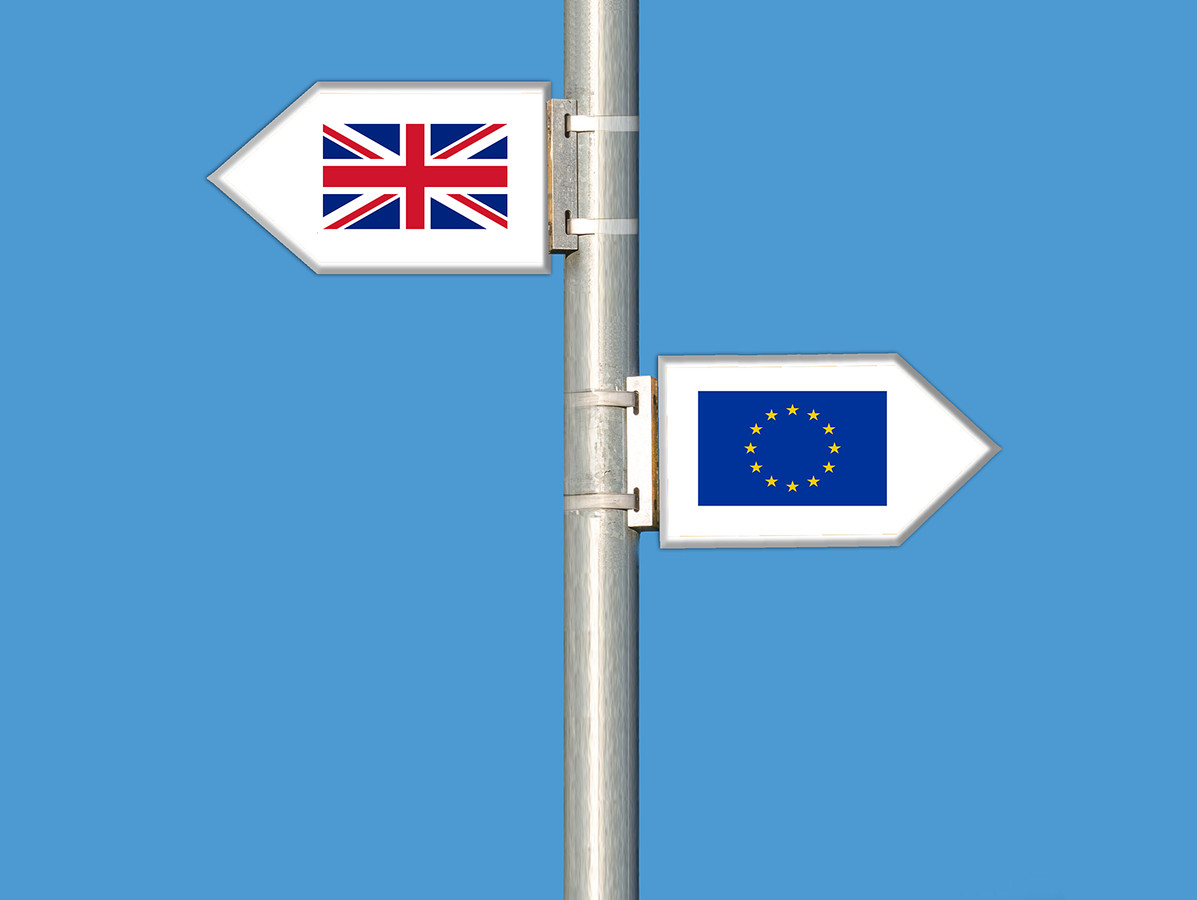
With all the attention given to the corona crisis in 2020, the Brexit disappears into the background. Nevertheless, it is essential to prepare for this, especially now. The transition phase will end on 31 December 2020, a very strict date. Certainly now that the economy is cautiously starting up again, it is important to focus on the future.
Because of Brexit, UK companies might no longer be able to make use of EU trade treaties. It is important that all parties in the fresh produce chain are aware of the impact that Brexit may have on their business, even if you work with suppliers. Identify potential risks as soon as possible to prevent Brexit problems. Because if, after the transition period, a problem arises somewhere in the fresh produce chain, this can have consequences for all parties involved.
Brexit leads to new borders and thus higher import costs, more complex procedures and more controls, comparable to countries outside the European Union. This may affect import permits, invoices, taxes, data processing and storage, employment contracts and licenses, among other things.
After the transitional period, different customs rules will apply to this area. In that case, you will have to file a declaration if you import or transport goods from the UK within the European Union. Or if you export goods to the UK. You may have to deal with (longer) waiting times at the border. Take this into account for just-in-time delivery and when exporting perishable goods.
The market access opportunities of your British competitors are deteriorating. Their access to EU countries is worsening. It becomes more difficult for British competitors to operate in the European market. Also, your British competitors may not be able to take advantage of the previously mentioned improved access that EU trade treaties now give to EU companies, such as the trade treaties with South Korea or Canada.
This offers opportunities for Dutch entrepreneurs. But it could also lead to additional activities by other Dutch or European competitors, now that they are less likely to do business in the United Kingdom. Keep this in mind.
Find out whether you want to and can strengthen your competitive position in these markets.
https://www.brexitloket.nl/onderwerpen/concurrentie--markt
https://www.rijksoverheid.nl/onderwerpen/brexit/brexit-stand-van-zaken
Source: © Vakblad Voedingsindustrie 2020